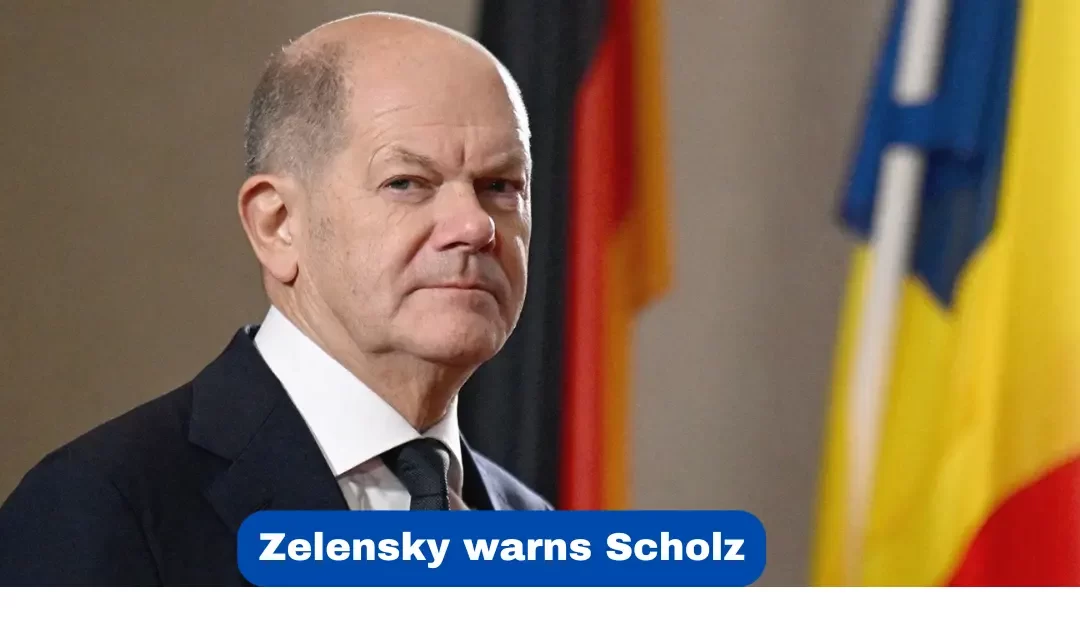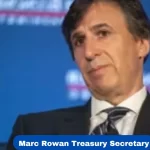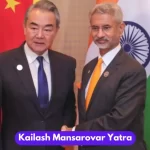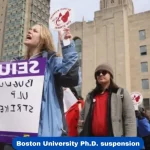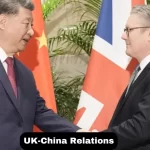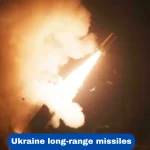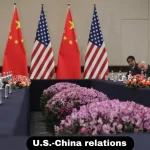Ukrainian President Volodymyr Zelensky has strongly criticized a phone call between German Chancellor Olaf Scholz and Russian President Vladimir Putin. He said this conversation could open a “Pandora’s box” and weaken international efforts to isolate Russia. Zelensky believes such direct talks only help Putin appear less isolated without achieving real progress toward peace.
Concerns Over the Call
This phone conversation was the first between Scholz and Putin in two years. Zelensky stressed that these types of calls allow Russia to maintain its aggressive policies without changing its approach. “This is exactly what led to the war,” Zelensky said during his nightly address. He warned that calls like these could make Russia feel less pressure to negotiate seriously.
The Purpose of the Conversation
Chancellor Scholz reached out to Putin to urge him to withdraw Russian forces from Ukraine and start peace talks with Kyiv. Scholz emphasized that any resolution must lead to a “just and lasting peace,” according to statements from the German government. The Kremlin, however, said that any agreement must consider Russia’s security concerns and the “new territorial realities” resulting from the war.
Timing and Political Impact
Scholz’s call comes as Germany approaches a snap election. His Social Democratic Party is facing pressure from political groups that support more diplomacy with Russia. This move has raised eyebrows among European leaders who feel it could send mixed signals. Some officials believe Scholz’s decision was more about addressing domestic political concerns than making actual progress on peace.
A Western diplomat noted that the call sends a “bad signal” just after Donald Trump’s election as the new U.S. president. Trump has said he could quickly end the war but hasn’t explained how. He has also criticized the amount of military and financial aid Western countries have provided to Ukraine.
Ukraine’s View on Peace Talks
Ukrainian officials see little benefit in having direct talks with Putin. They argue that Russia has used similar tactics to buy time and avoid making real concessions. “Phone calls with Putin haven’t brought any real progress toward a just peace in Ukraine,” Zelensky said.
Ukraine is currently facing a tough situation on the frontlines, especially in the east. The country is dealing with shortages of weapons and personnel while Russian forces push forward. Zelensky warned that talks with Putin allow Russia to continue its aggression and avoid serious consequences.
Germany’s Role and Future Plans
Germany has been one of Ukraine’s biggest supporters, providing about 15 billion euros in financial, military, and humanitarian aid. This makes Germany the second-largest backer of Ukraine after the U.S. Scholz assured Ukraine that Germany’s support would continue as long as needed.
During their conversation, Scholz also told Putin that reports of North Korean troops fighting in Ukraine are seen as an escalation. Zelensky has claimed that thousands of North Korean troops are stationed in Russia and have even suffered casualties during combat.
Briefing Allies and Future Contacts
Scholz plans to inform allies, including NATO and EU leaders, about the details of his conversation with Putin. Both leaders agreed to stay in contact, but the outcomes of these talks remain uncertain. The German government hopes that Scholz can demonstrate to his voters that he has tried diplomacy but that Putin isn’t willing to negotiate in good faith.
While some believe diplomacy is necessary, others think it allows Russia to continue its aggression. As Germany and other nations balance domestic and international pressures, Ukraine stresses the need for a united and firm stance against Russian actions.

